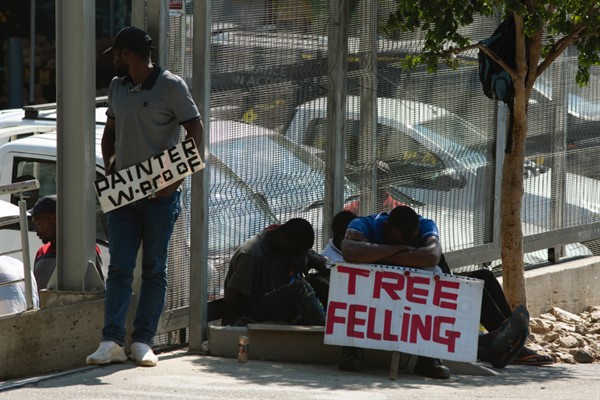As 2021 comes to a close, a wide range of commentators—including international financial organizations, regional development banks, credit agencies, consulting firms and media organizations—have begun rolling out their forecasts for the coming year’s global economic outlook. Figuring centrally in all these projections is how the global economy will recover from the stop-and-start effects of the coronavirus pandemic over the past two years.
But for the approximately 1.4 billion people in Africa’s 54 countries, the overwhelming majority of whom remain unvaccinated, the question isn’t just how to build back better from a pandemic that plunged the continent into its first recession in half a century, but also what building back at all looks like or entails.
To put the continent’s future economic prospects in perspective, it’s useful to first take a look backward at the impact of the past two years. In its foreword to this year’s 2021 African Economic Outlook, published in March 2021, the African Development Bank said that 30 million Africans were pushed into extreme poverty in 2020 as a result of the pandemic and estimated that as many as 39 million Africans could be living in extreme poverty by the end of 2021. Africa’s tourism-dependent economies, including Mauritius, Seychelles and Cabo Verde, were estimated to have experienced particularly sharp declines in economic growth in 2020, with Mauritius recording a 15 percent drop. GDP in oil-exporting and other resource-intensive economies also experienced significant contractions in 2020, with Libya’s GDP said to have plummeted by more than 60 percent last year.

